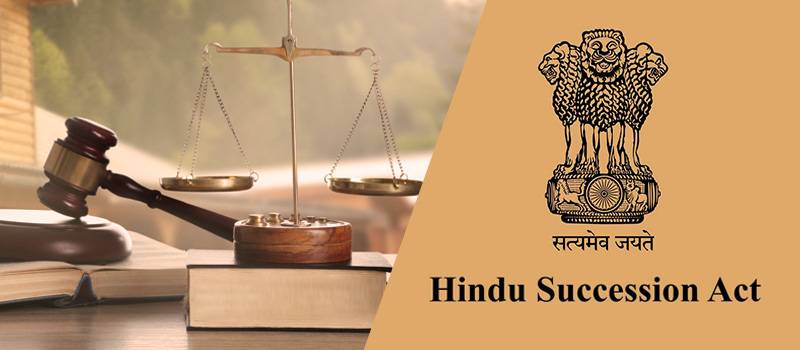Property Geek
We provide the actual and accurate information with unbiased user driven reviews to our viewers, to help them see the best and find the best!
View posts
As per the traditional definition of an interstate, it is usually a condition or takes place in the case of an absent or dead owner of the assets, who has left their property without having prepared a will for where the property of the deceased would transfer to. The legal, therefore, is widely used in the laws of inheritance– worldwide.
In this article, we will discuss the importance of the intestate and how the property of a Hindu and other faiths, in the absence of the owner is passed on to the heirs. Can one make their own intestate succession will? Will they cover all assets? Let’s find out!
Before we jump into the meaning of intestate succession, we must understand who an heir is.
An heir is an individual who is entitled to inherit assets. It is a widespread fallacy to believe that live people have heirs, as heirs are named at the time of death. When a person dies intestate, that is, without a will, their heirs are determined.
Listed below are three incidences where the intestate succession under Hindu law is applicable!

Here is how the intestate of property in accordance with the various faith takes place:
Note: The succession laws also differ as per the gender of the asset owner as well, therefore, the assets of a man might not be distributed in the same manner.

As mentioned above, post the death of the property holder, the assets are divided based on the provisions that are applicable as per the classification of the succession laws. However, on the other hand, in case an owner wishes to distribute their property in a different manner, they must make sure to prepare a Will while they are alive.
The process of which is very easy, there are certain precautions one must keep in mind while writing their Will. For your help, we have listed a few:
It is completely OK for you to prepare a Will on a plain sheet of paper without any registration for the document. You do not even need a lawyer to draft the document. All you need to do is simply draft the Will on a plain sheet in simple understandable language with legible handwriting.
Make sure to list the assets and distribute them in a proper manner, including the children of any age, the sons and daughters, a joint family property, and if there is no one, to whomever your wish to.
On the other hand, in the case of an aged or a frail disposition, this is not applicable, considering their mental health while making the Will In this case, we recommend involving a lawyer while you carry out the process.
In order for the Will to be legally valid, it is recommended to attest at least two witnesses who are reliable enough to testify once the provisions come into effect. A word of caution, be acutely conscious when you choose your witnesses for the Will.
While you are creating your Will, you will be given a choice if you wish to divide your property as per your choice. Nonetheless, sadly the laws in regards to this are quite complex. This means, men of the Hindu religion are allowed to write a Will of any property that they are earned and owned, however, in the case of a Hindu woman, that’s not completely true.
Also, always make sure that the Will you write shall be completely honoring the natural order of succession. For instance, a property that is jointly inherited, cannot be transferred to those who do not belong to you via the Will.
Based on this Act, a Will can be recreated or changed as and when you feel like, during the due course of your lifetime. However, if you had disclosed the first Will, you will need to follow the same process in order to get it canceled.
As per the succession law, a Will will only be effective after the demise of the owner and can never be effective before. This is because, as per the law, the creator can always change their Will anytime during their lifetime.
If you do not wish to disclose the contents of the Will, you are not legally obliged to be forced to do so. However, you must let the parties involved know regarding the drafting and registering. Even as per the law, it is a personal choice to disclose the contents of the Will to the loved ones, or not.
Probate is an exercise where in order to make the Will legally applicable after the demise of the owner, the ones inheriting it must hire a lawyer and request an order from the court to establish its authenticity. Here, the family members may also be asked to pay a certain percentage of the assets as the court fees.
An Intestate Succession Act is different when it comes into effect based on the owner’s religion, you can get a better understanding from the article above. Also, keep in mind that an intestate succession act is only applicable after the decease of the owner, and a Will must be created in a clear and law-abiding manner.
A Will must include:
(a. ) The name of the executor
(b. ) The assets of the executor like the bank accounts, properties, and insurance policies
Yes, absolutely! You are allowed to change your Will at any given point of time, up until alive. In case the Will has already been signed by witnesses, you will have to inform them and create a new one by following the same process.
Yes, it can! Only make sure that the Will is written on plain paper, follows a valid language, and is written clearly.